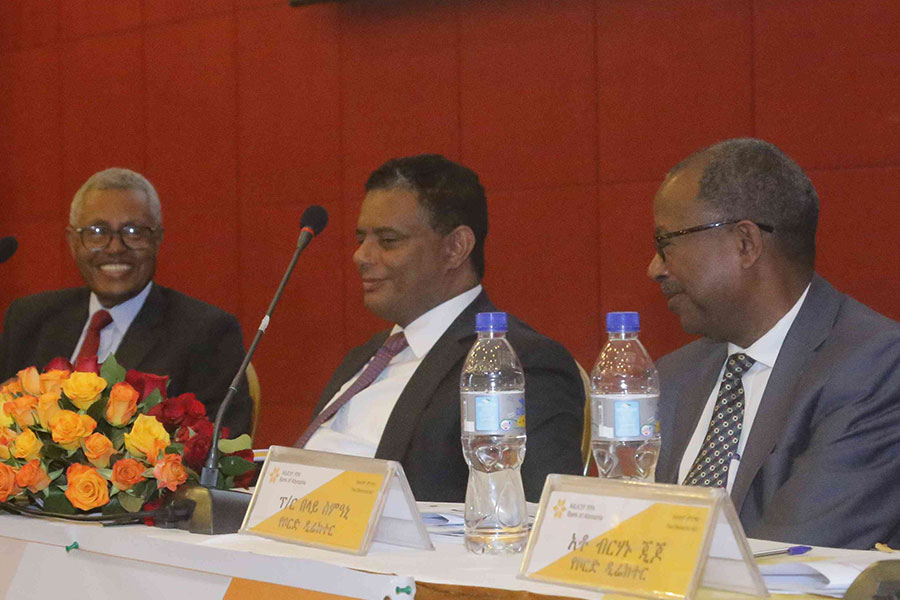
Fortune News | Dec 17,2022
Jun 1 , 2019
By KALAEB GIRMA ( FORTUNE STAFF WRITER )
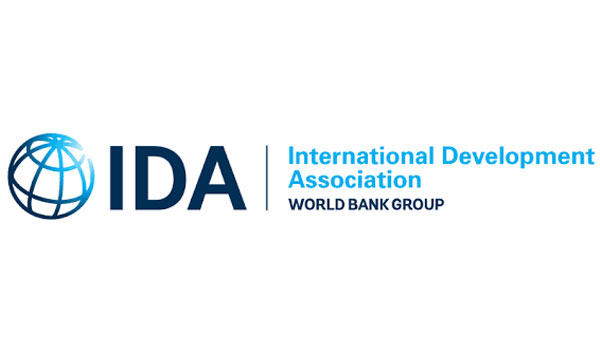 The World Bank, through its International Development Association (IDA), has approved the guarantee under its Renewable Energy Guarantees Program, which is the first guarantee deployed in Ethiopia.
The World Bank, through its International Development Association (IDA), has approved the guarantee under its Renewable Energy Guarantees Program, which is the first guarantee deployed in Ethiopia. Ethiopia secured 200 million dollars in investment guarantees for the power sector involving the participation of private companies in the renewable energy generation industry.
The World Bank, through its International Development Association (IDA), has approved the guarantee under its Renewable Energy Guarantees Program, which is the first guarantee deployed in Ethiopia. The programme will see the development of 10 to 12 solar and wind energy independent power producers (IPP) with a total installed capacity of about 1,000MW.
Ethiopian Electric Power and the Ministry of Finance are designated as implementers of the financing. The IDA guarantees will come in two forms: payment guarantees and loan guarantees.
Loan guarantees would be offered to commercial banks, which will finance the IPPs and mitigate risks related to off-take agreements or government actions.
The payment guarantees will enable EEP to provide adequate security expected to be requested by IPP project sponsors through the issuance of letters of credit.
To be covered by the guarantee, investors must qualify under tenders issued by the Ministry of Finance, Ethiopian Electric Power and Ethiopia's Public-Private Partnerships Directorate.
So far, one project has already been launched under the World Bank Social Initiative Program covered by the guarantee. A consortium led by Enel Green Power is investing 120 million dollars in the construction of Metehara Solar, which is expected to be operational by 2021. The plant will have the potential to produce 280 GWh a year.
“The World Bank wants to support the government’s effort in accelerating the development of modern renewable technologies by bringing in private sector capital and knowledge," wrote Gelila Woodeneh, senior communication officer at the World Bank, in an email to Fortune.
The programme follows recent legislation that allowed the private sector to invest in power generation.
The Public-Private Partnership Proclamation was enacted last February and aims to promote privately financed projects and reduce public debt. The government hopes it will open many areas of infrastructure development to the private sector.
"The programme will create a platform for much-needed private sector participation in the crucial energy sector by lowering the risks of investing in Ethiopia,” said Carolyn Turk, World Bank Country Director for Ethiopia, Sudan and South Sudan.
The World Bank believes the guarantees can improve foreign investors’ confidence and has the potential to leverage finances on the order of 750 million dollars in private financing (equity and commercial debt) and a total of 1.5 billion dollars in investment.
Two weeks ago, the African Development Bank gave close to one million dollars in grants to upgrade the procurement framework for independent power producers in Ethiopia.
Reykjavik Geothermal, an Icelandic company backed by major investors, is preparing to start a four-billion-dollar geothermal project in Corbetti and Tulu Moye south of the capital. Exploration drilling is planned to begin in September for two 500MW plants.
The World Bank program is aimed at supporting the country's efforts to diversify its power sources. Ethiopia is dependent on hydropower, which makes it vulnerable to frequent droughts caused by climate change. This has increased the urgency to expand into modern renewable energy sources. Currently, Ethiopia at full capacity produces 4,300MW, 90pc of which is from hydropower.
In Ethiopia, nationwide access to electricity stands at 56pc, while demand for electricity has been increasing by an average of 15pc a year since 2010.
Faced with reductions of generation capacity at most of its hydroelectric dams, the Ministry of Water & Irrigation began rationing power last month. The power rationing is expected to last until the rainy season starts in July.
The nation has the potential to generate over 1.4 million MW of electric power from hydroelectric, solar, geothermal and wind sources, of which 1.3 million MW is from Wind.
Ayele Nigussie (PhD), head of the Electrical Power Engineering Program at Haramaya University, believes that the major stumbling block for attracting private investment is the price tariffs.
"Ethiopian electric tariffs are much lower than other Sub-Saharan countries, and it wouldn’t be feasible to invest in private energy generation in Ethiopia unless that changes," said Ayele.
The highest electricity tariff in Africa is charged in Liberia, where it costs around 0.5 dollars per kWh, while in neighbouring Kenya it is about 0.15 dollars a kWh. Ethiopia's price will only reach 0.07 dollars in 2021, even with the recently introduced price increases. The government-owned power company introduced tariff increases in 2018 that will be phased in over the next four years.
But Ayele fears that such prices would not be enough for the private sector to be competitive.
He fears that at the current rate, the government might end up subsidising the price after buying it from private power producers.
The World Bank also approved 350 million dollars to improve the livelihoods and resilience of 2.5 million pastoralists and agro-pastoralists.
The six-year project will benefit 100 weredasfound in six regions in Afar, Benishangul-Gumuz, Gambella, Oromia, SNNPR and the Somali regional states.
The project plans to reduce long-term environmental degradation and the communities’ vulnerability to climate change by focusing on the management of natural resources through pasture improvement and soil and water conservation.
The Lowlands Livelihood Resilience Project is based on a study made by the World Bank. Concluded earlier this year, the study identified low productivity and limited market links, high vulnerability of primary livelihoods, the inability to diversify livelihoods, and the limited delivery of social and economic services as the binding constraints on livelihoods in Ethiopia’s lowlands.
Birhanu Megressa, director of Werer Agricultural Research Centre under the Federal Agricultural Research Institute, feels the support can go a long way in creating livelihood stability in the lowlands.
"Both development partners and researchers shy away from these regions because of the high rate of climate vulnerability," said Birhanu.
By working on water irrigation systems to develop rangelands, he argues that the vulnerability of these areas to climate change can be minimised.
PUBLISHED ON
Jun 01,2019 [ VOL
20 , NO
996]

Fortune News | Dec 17,2022
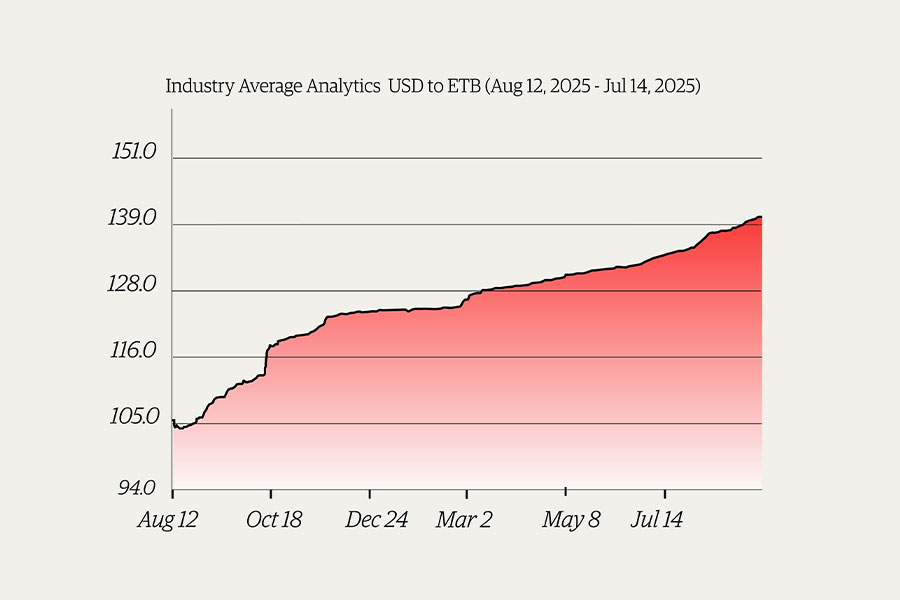
Money Market Watch | Sep 21,2025
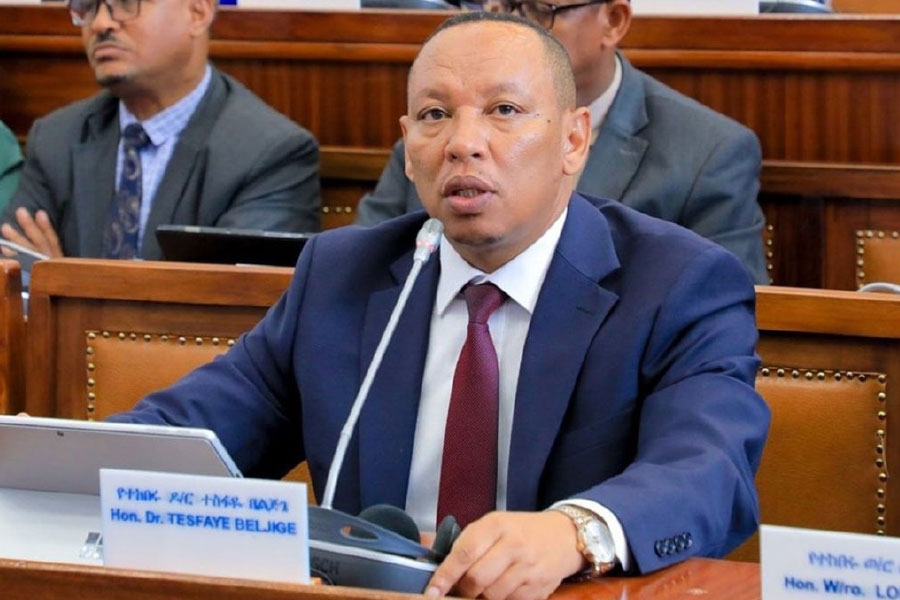
Fortune News | Jun 20,2025
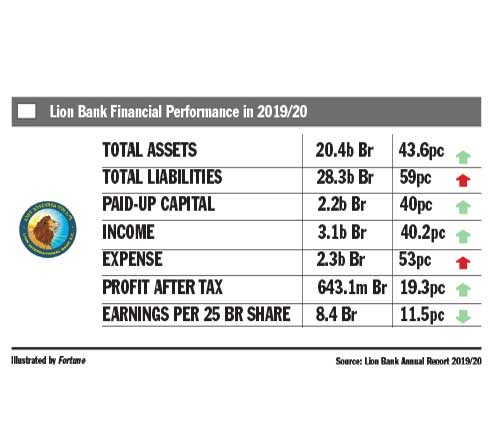
Fortune News | Mar 13,2021

Radar | Jan 21,2023
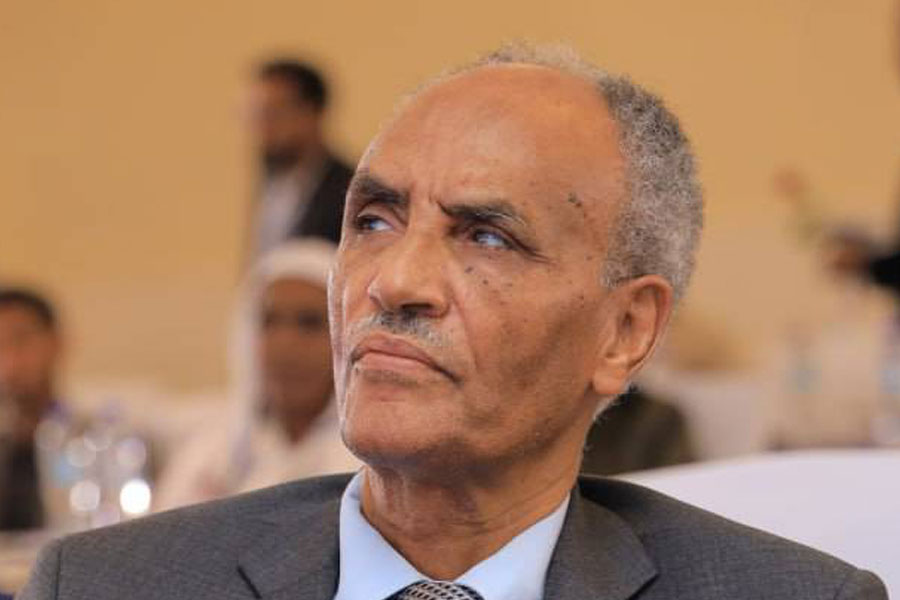
Obituary | Sep 29,2024

Commentaries | Jan 05,2019

Radar | Jun 08,2019

Radar | Aug 16,2020

Radar | Jul 13,2024

Dec 22 , 2024 . By TIZITA SHEWAFERAW
Charged with transforming colossal state-owned enterprises into modern and competitiv...

Aug 18 , 2024 . By AKSAH ITALO
Although predictable Yonas Zerihun's job in the ride-hailing service is not immune to...

Jul 28 , 2024 . By TIZITA SHEWAFERAW
Unhabitual, perhaps too many, Samuel Gebreyohannes, 38, used to occasionally enjoy a couple of beers at breakfast. However, he recently swit...

Jul 13 , 2024 . By AKSAH ITALO
Investors who rely on tractors, trucks, and field vehicles for commuting, transporting commodities, and f...

Oct 25 , 2025
The regulatory machinery is on overdrive. In only two years, no fewer than 35 new pro...

Oct 18 , 2025
The political establishment, notably the ruling party and its top brass, has become p...

Oct 11 , 2025
Ladislas Farago, a roving Associated Press (AP) correspondent, arrived in Ethiopia in...

Oct 4 , 2025
Eyob Tekalegn (PhD) had been in the Governor's chair for only weeks when, on Septembe...